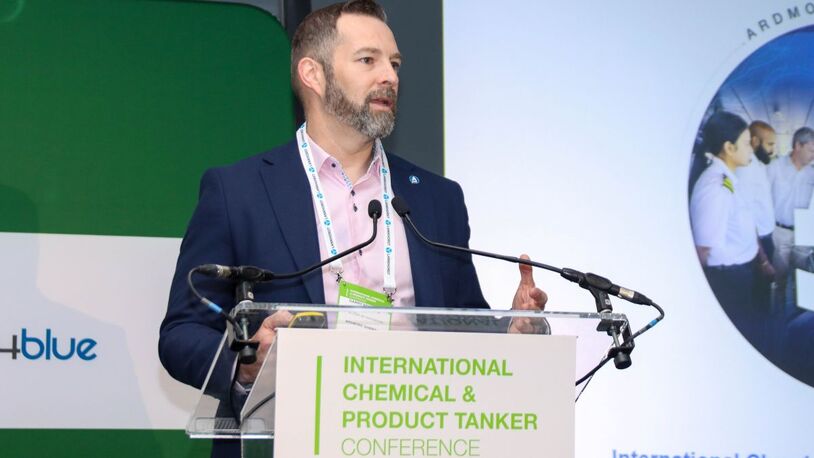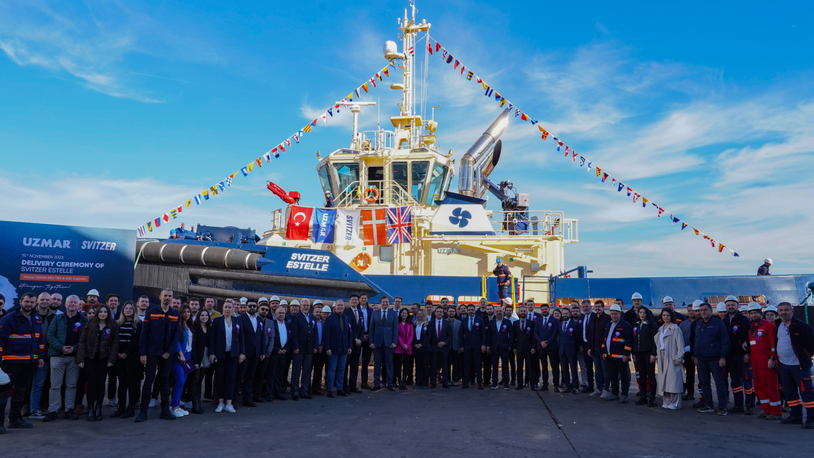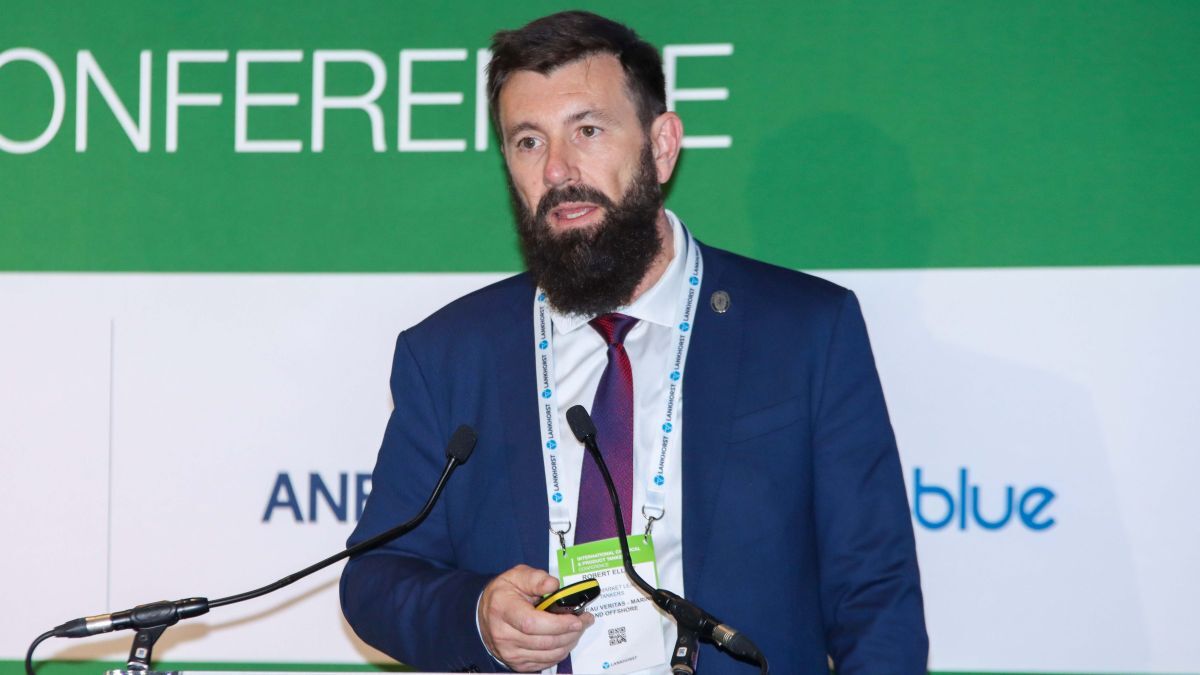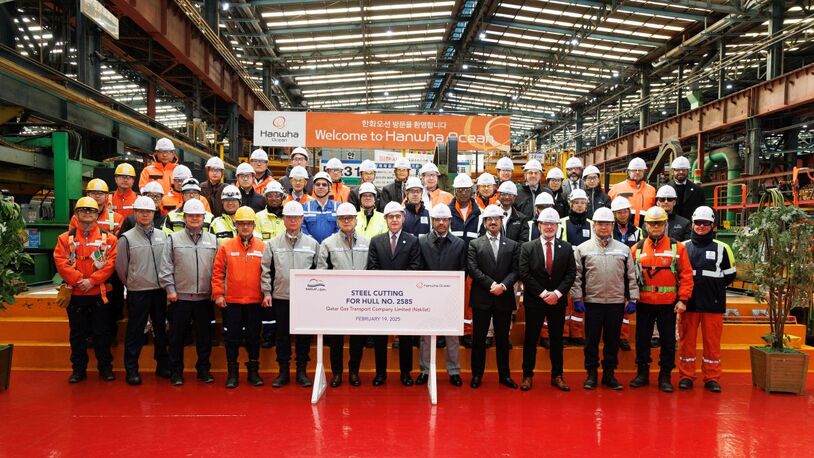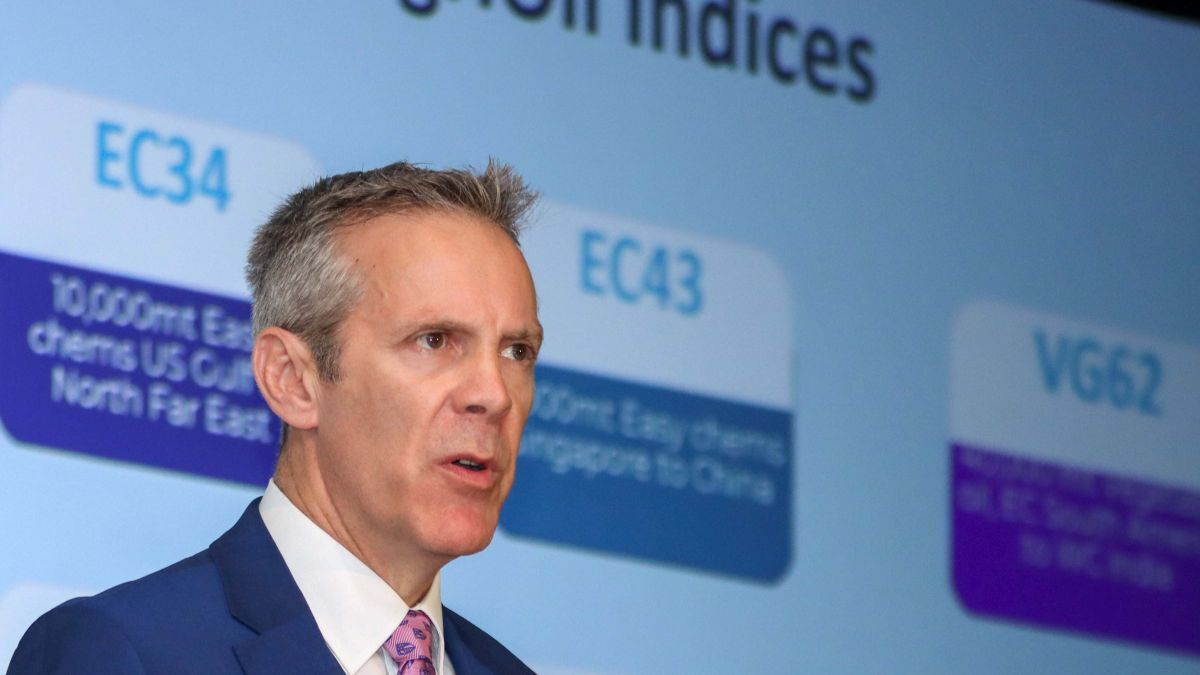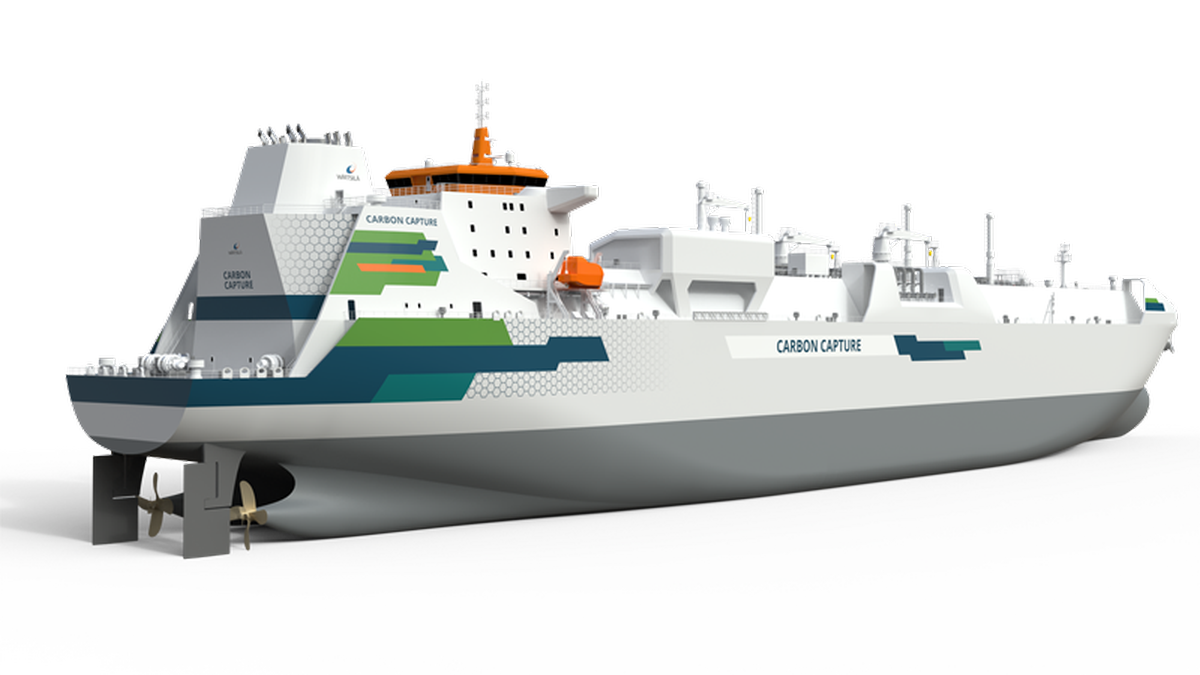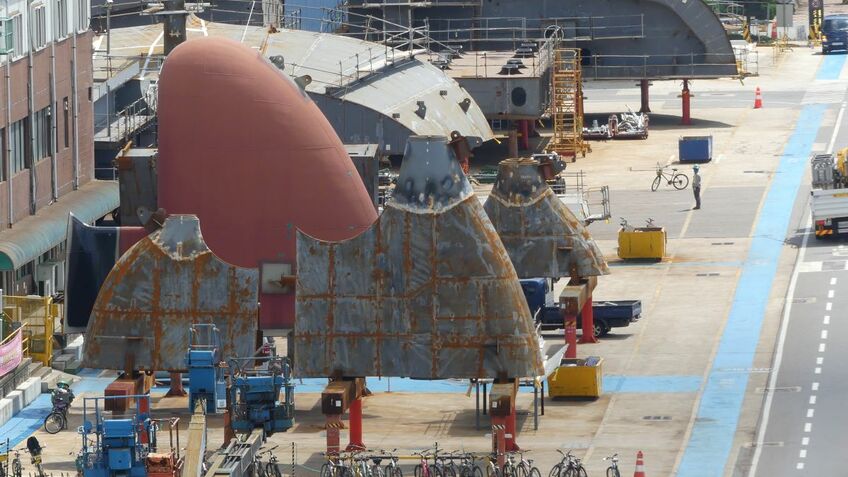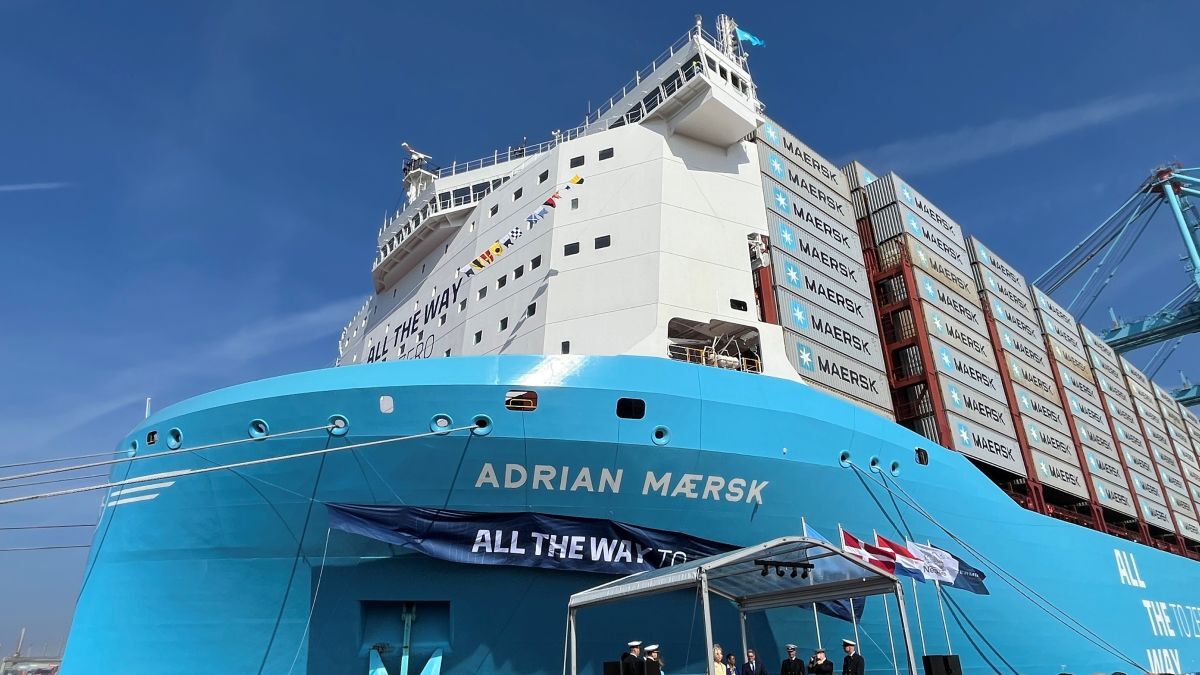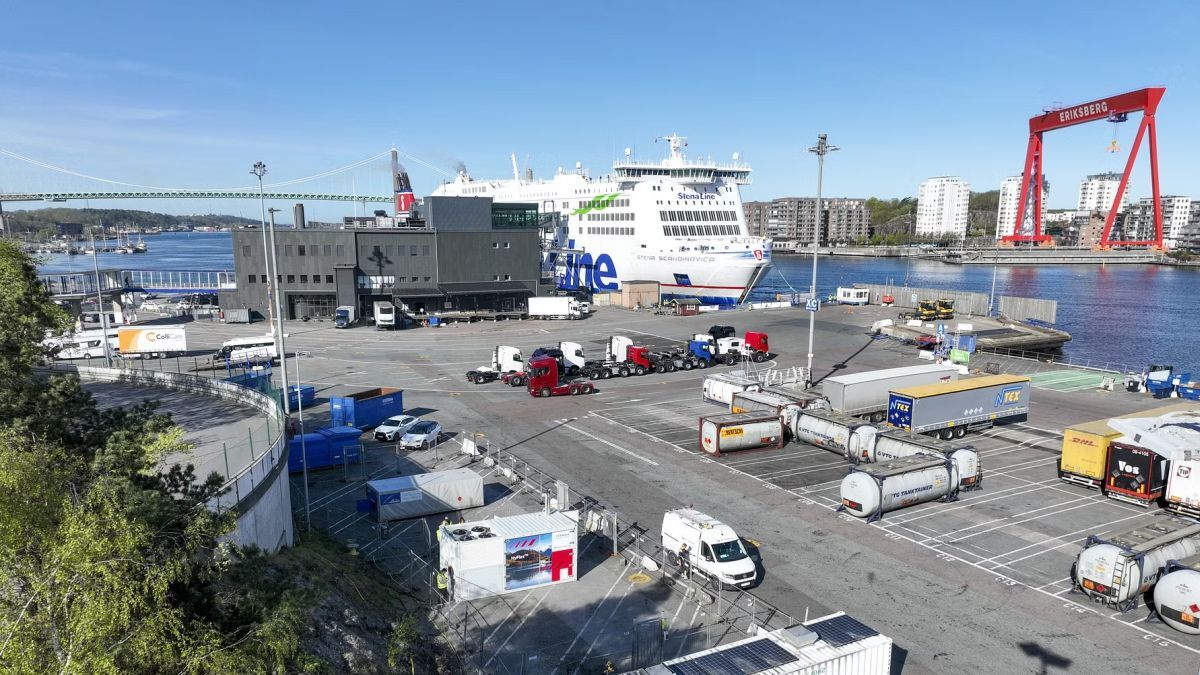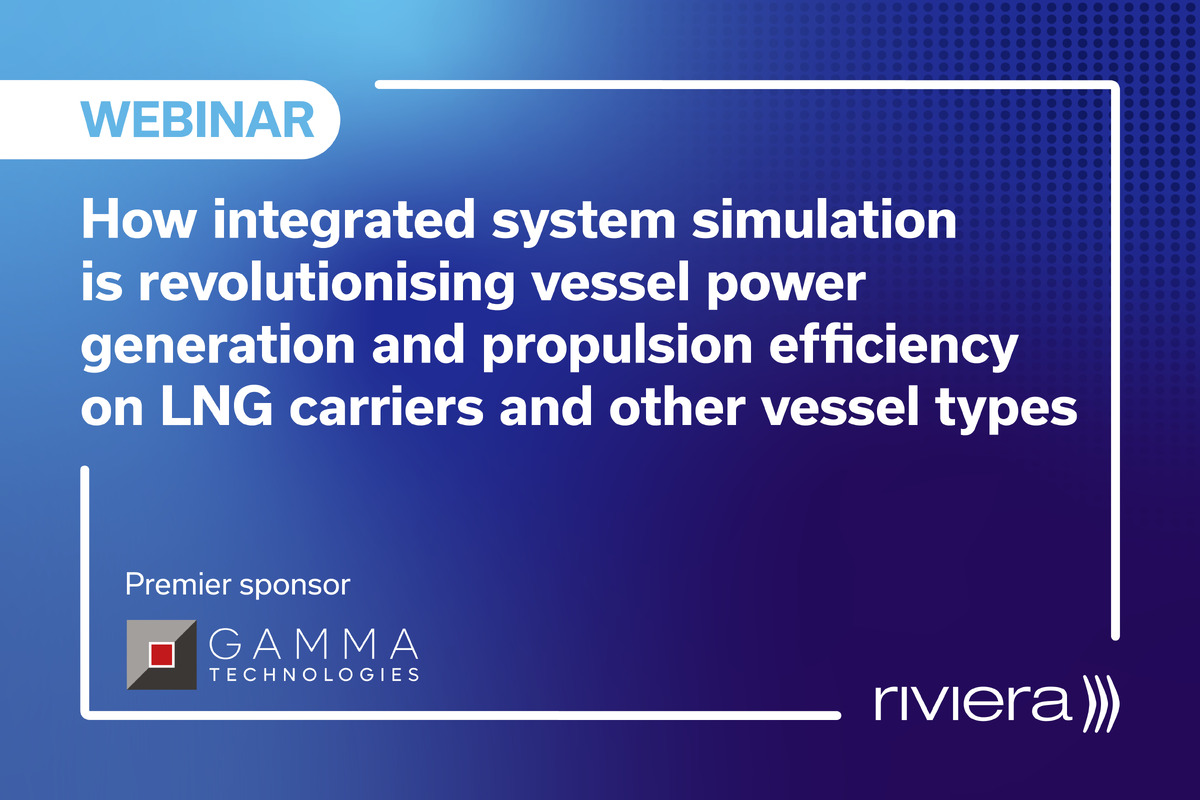Business Sectors
Events
Contents
Register to read more articles.
Machine learning enhances fleet efficiency at Ardmore
Ardmore Shipping is applying machine learning and hybrid models to boost fleet efficiency and future-proof operations against tightening decarbonisation regulations
Ardmore Shipping fleet performance manager Garry Noonan set out a detailed case study on the company’s adoption of machine learning to drive vessel efficiency at the International Chemical and Product Tanker Conference 2025, held at the Millennium Gloucester Hotel in London 23-24 April 2025.
Addressing delegates, Mr Noonan said Ardmore Shipping, which operates 22 vessels with an average fleet age exceeding 10 years, had drained much of the traditional optimisation potential. "We feel like we have exhausted the low-hanging fruit," he said, explaining further advances now require either emerging technologies with low technology readiness levels or a different approach altogether.
This prompted the company to explore digitalisation, with a particular focus on artificial intelligence (AI). Mr Noonan observed AI is currently a source of competitive advantage but warned, "If you are not in it, you are going to be left behind."
In this context, Ardmore Shipping adopted a hybrid intelligence model, combining traditional grey box ship models with machine learning algorithms.
Mr Noonan explained, "By using both together, we get a cost-effective yet extremely accurate solution."
The company utilises performance monitoring systems developed by Albis (formerly SkySails) and voyage optimisation algorithms from DeepSea Technologies’ Pythia system. He said the combined approach resulted in a 77% increase in usable raw data and a 30–31% rise in sea-days analysed, representing a major improvement in decision-making capability.
The hybrid system builds a ship-specific model quickly, within one or two months, after which the machine learning component continuously refines it.
"The difference in accuracy is quite profound," said Mr Noonan.
The grey box model provides fast, reliable baselines at low speeds, while the machine learning model adds further precision at higher speeds, where data scatter increases.
Critically, Mr Noonan emphasised machine learning-driven optimisation is not limited to technical operations. It must be paired with commercial decision-making to achieve maximum benefit.
He noted, "An efficient vessel is only half the story. How you execute the voyage is as, if not more, important."
Using DeepSea’s Pythia system, Ardmore optimises voyage speeds based on real-time weather and market conditions.
Mr Noonan underlined the importance of adapting speed dynamically, rather than relying on constant speed or power strategies, "Constant speed is the worst way to run a voyage."
Turning to office operations, Ardmore has deployed Microsoft’s Copilot to empower shore staff. Mr Noonan described Copilot as an enabling tool rather than a replacement for human expertise.
"It is there to help you get to the 80% mark," he said, adding freeing office staff from repetitive tasks is critical to addressing the sector’s looming shoreside talent shortage.
Mr Noonan warned 30% of the shore workforce is expected to retire within the next decade, creating a major gap that automation tools can help bridge.
"Without these tools, we will not be able to run the companies in the way they need to be run," he said.
Throughout his presentation, Mr Noonan stressed the centrality of the human element in successful digital transformation; "You need to bring the people with you," he concluded, "If we lose access to this incredible talent, we really will be the dinosaurs."
The International Chemical & Product Tanker Conference 2025 was kindly supported by Gold Sponsors ABS, BV, Coach Solutions, DNV and Lankhorst. Silver Sponsors were Anemoi and bound4blue with support from organisations IPTA and INTERTANKO.
Sign up for Riviera’s series of technical and operational webinars and conferences:
- Register to attend by visiting our events page.
- Watch recordings from all of our webinars in the webinar library.
Related to this Story
Events
Maritime Environmental Protection Webinar Week
The illusion of safety: what we're getting wrong about crews, tech, and fatigue
Responsible Ship Recycling Forum 2025
© 2024 Riviera Maritime Media Ltd.


